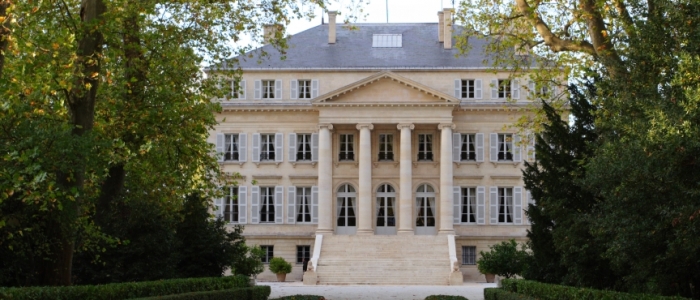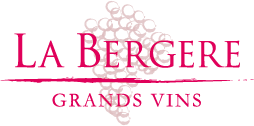A Chinese investor who owns a Premier Grand Cru?

Experts indicate that several wealthy candidates would be ready to take the plunge, while the purchases of Bordeaux domains continue.
China may be importing fewer Bordeaux wines, but Chinese investors are still looking to buy estates in Bordeaux. Three castles have recently been purchased by Chinese investors, and more are expected to follow. According to experts, wineries are seen as safe and sophisticated investments for conglomerates and industrial magnates alike. "The castle is one of the assets with the greatest trophy value," said Rupert Hoogewerf, founder of Shanghai-based Hurun Report, which tracks the wealth and habits of China's wealthiest people.
His words were confirmed by a Bordeaux real estate specialist. "Acquiring a castle is a new way to show your wealth without coming across as a nouveau riche, an image that is not valued in China," said Li "Lily" Lijuan, who works for the real estate agency Maxwell Storrie Baynes, a subsidiary of Christie's in Bordeaux.
According to her and others, Bordeaux remains the region of choice for Chinese investors looking to buy a domain abroad. "In Burgundy, it is more difficult to find a domain, and the Bordeaux region inspires more confidence [in customers]", indicated Li Lijuan. “This region is more open to foreigners, and resale is easier there. They look first and foremost in Saint-Émilion, it's well known. »
Most Chinese acquisitions are currently in modest areas, but many are planning to evolve as soon as the opportunity presents itself.
“Some of our Chinese investors are ready to put hundreds of millions of euros on the table. If a Premier Grand Cru is put up for sale, like Margaux or Cheval Blanc, the Chinese will be in the starting blocks,” said Hervé Olivier, director of financial operations at Safer (Land Development and Rural Settlement Company) Aquitaine. -Atlantic.
Maxwell Storrie Baynes recently completed two transactions with buyers who are listed by Hurun Report. Chen Miaolin, whose fortune would amount to 1.1 billion dollars (1 billion euros), bought the Château de Birot in the Cadillac appellation (Côtes de Bordeaux). The estate previously belonged to the Fournier-Castéja family. Arthur, the son of Eric Fournier, will retain the management of the estate which has 37 hectares of vines.
Chen Miaolin is the owner of China's largest private luxury hotel group, Zhejiang Kaiyuan (also called New Century Tourism), and recently purchased the Chateau d'Esclimont hotel near Versailles. He decided to invest in Bordeaux after leading a senior cycling team on the route of the Tour de France in 2011. “He saw the vineyard and decided he wanted a bit of the French way of life”, explained Li Lijuan.
He visited twenty castles before buying Château de Birot and would like to buy two or three more. Château Birot is already known in China thanks to the competition launched by its new owner for the design of a new label.
Li Lijuan also recently concluded the sale of Château Renon, which has around 10 hectares of vines located in the Côtes de Bordeaux. The buyer is Zhou "James" Yunjie, the owner of ORG Packaging. His fortune would amount to 1 billion dollars (95 million euros). A member of the Jurade de Saint-Émilion, he also imports wine and had already bought the Sunshine Creek winery in Australia's Yarra Valley in 2008.
“He knows people in Bordeaux. Initially, he only wanted a vacation home,” Li Lijuan explained. The 19th century residencee century was renovated in 2002 by a feng shui expert. It also includes 16th century cellars.e century and stables.
According to local sources, Château Preuillac, whose vineyard covers 30 hectares in the Médoc, has been sold to an unknown Chinese investor who already owns two other estates. The Mau and Dirkswager families decided to sell following two harvests with disastrously low yields.
Hervé Olivier told Wine Spectator that two other transactions with Chinese buyers were in progress: “One in Fronsac and one in the Médoc. These are not well-known domains but the terroir is interesting and these buyers do not have to face any competition. »
International banks have facilitated these investments by extending credit for the purchase of assets in China, while offering lower interest rates in France.
For Chinese investors, the learning curve for real estate in Bordeaux initially increased very quickly. Today, they glean advice from the growing Chinese community in the area. “Investors are more and more professional and know the classification. It's a long-term investment,” said Li Lijuan. “The vines give their best wine at twenty years. In China, in twenty years (or sooner), [the state] may decide to build a school on your vineyard. Bordeaux is a stable investment environment for the Chinese. »
Suzanne Mustacich
Posted on March 12, 2015
